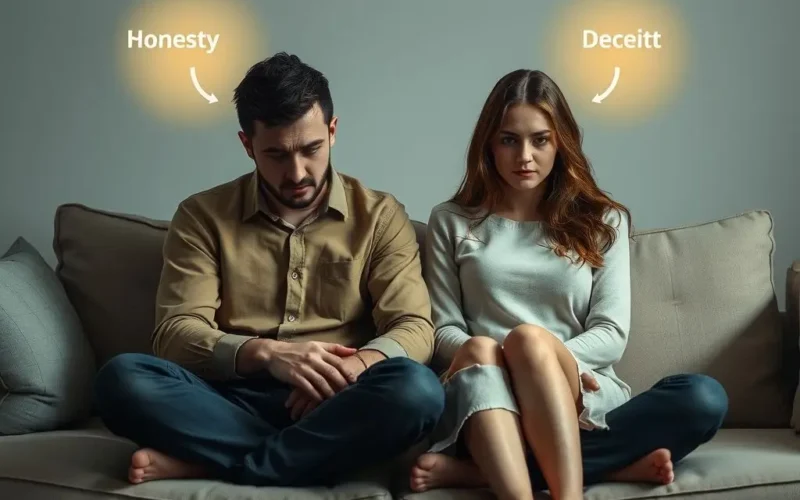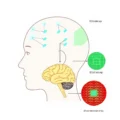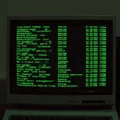Imagine a device, perhaps a simple app, maybe just scanning your eyes or your voice, that could instantly and infallibly tell if someone was speaking the absolute truth. Every tiny fib, every calculated omission, every subtle misdirection — exposed in real-time. No more guesswork, no more doubt, no more plausible deniability. Just the unvarnished, often inconvenient, truth.
Sounds like pure science fiction, right? The stuff of movies and speculative novels. But dwelling on the ‘what if’ can be incredibly revealing. What if this technology wasn’t just a fantasy, but a reality? A perfect, unbreakable lie detector available to everyone?
It’s a mind-bending thought experiment that ripples through every corner of human existence. Think about it — your casual chats with friends, the complex dynamics of family life, the intricate dance of business deals, the very foundations of justice and governance. Everything changes when hiding the truth becomes physically impossible.
We recently explored this very idea in a quick thought-provoker. Take a moment to watch this short clip – it captures the essence of the transformation we’re about to unpack:
As the video hints, this isn’t merely about catching criminals. It’s a deep dive into what it means to be human in a world stripped bare of deceit. Let’s peel back the layers and see where this rabbit hole leads.
Table of Contents
Relationships Under the Microscope
White lies. We tell them constantly, usually with good intentions — to avoid hurting feelings, to simplify things, to keep the peace. “No, darling, those pants don’t make you look fat.” “Oh, your casserole is… interesting.” “Sorry I’m late, traffic was a nightmare!”
In a world of perfect truth, these small acts of social lubrication vanish. Relationships would demand radical honesty. Imagine being asked, “Do you *really* like my new haircut?” and being physically incapable of saying anything but your unvarnished opinion. Would friendships become brutally honest and stronger for it, or would the constant exposure of minor (or major) disagreements and unspoken resentments lead to more conflict and separation?
Trust would be absolute — you’d know exactly where you stood. But vulnerability would be sky-high. Could marriages survive the revelation of every private thought or past indiscretion? Would the effort required to maintain a relationship in such a transparent state become too much for many people? Or would this enforced honesty foster deeper, more authentic connections free from the burden of secrets?
The dynamics between parents and children, siblings, colleagues — all would be fundamentally altered. Communication would be direct, perhaps blunt, but undeniably sincere. The need for interpretation, for reading between the lines, for guessing intentions — it would largely disappear.
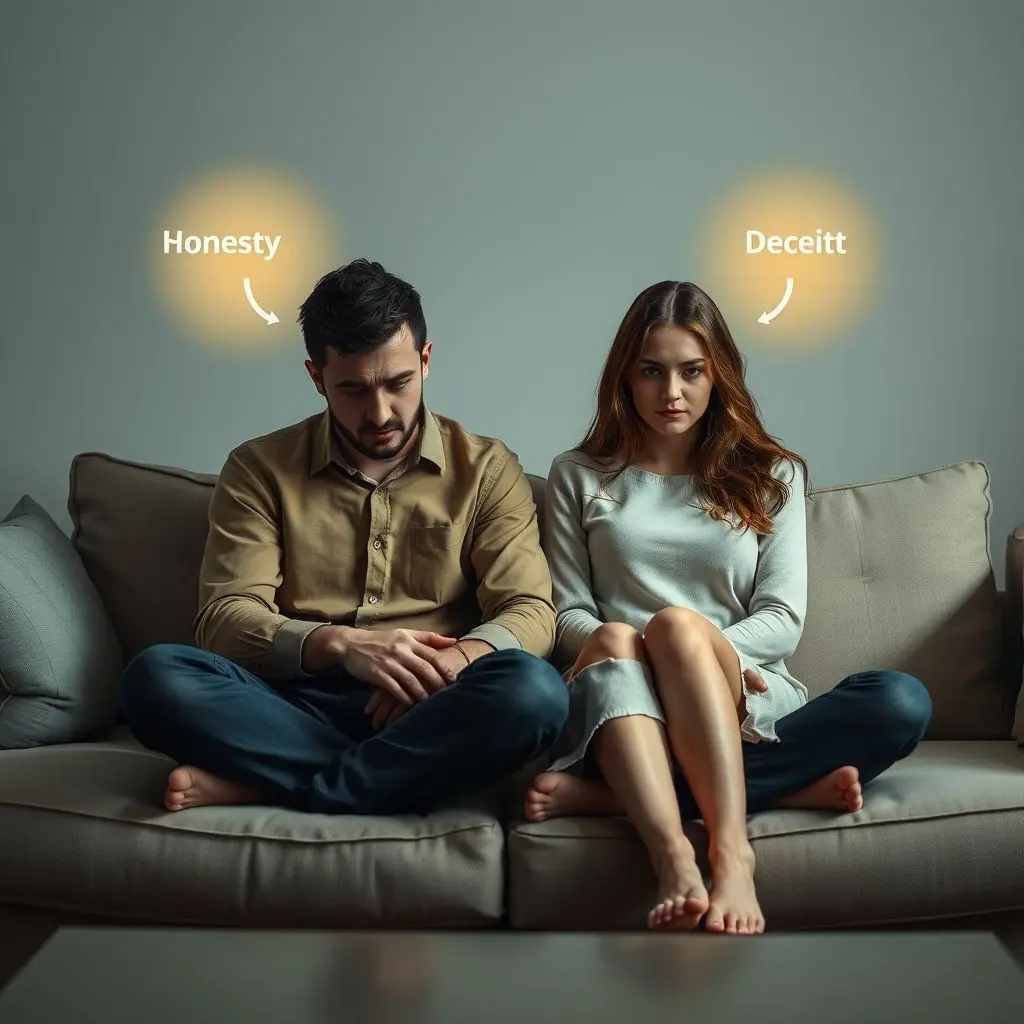
Justice, Served Bare
The legal system relies heavily on testimony, cross-examination, and the difficult task of discerning truth from falsehood. Courtrooms are arenas where conflicting narratives clash, and the outcome often hinges on whether a jury believes a witness or defendant.
With perfect lie detection, this paradigm shatters. Perjury becomes impossible. Eye-witness testimony, currently notoriously unreliable, becomes instantly verifiable. Investigations would be transformed — suspects couldn’t lie about their whereabouts or actions.
Criminal trials could become significantly shorter, focusing solely on presenting the verifiable facts and applying the law, rather than lengthy battles over witness credibility. The concept of a wrongful conviction based on false testimony could become obsolete. Similarly, proving guilt might become straightforward if a suspect’s denials are flagged as lies.
However, new complexities arise. What about self-incrimination? Can someone be forced to undergo a perfect lie detection test? What constitutes a ‘lie’ in this context? Does it include simply being mistaken, or only intentional deception? Would the focus shift from *did* they do it (easily proven if they can’t lie about it) to the *why* — intent, motive, and circumstances which might still require interpretation?
And what of the legal profession itself? The skills of cross-examination, of exposing inconsistencies, of weaving a compelling narrative — would they become redundant? The role of lawyers would need drastic redefinition.
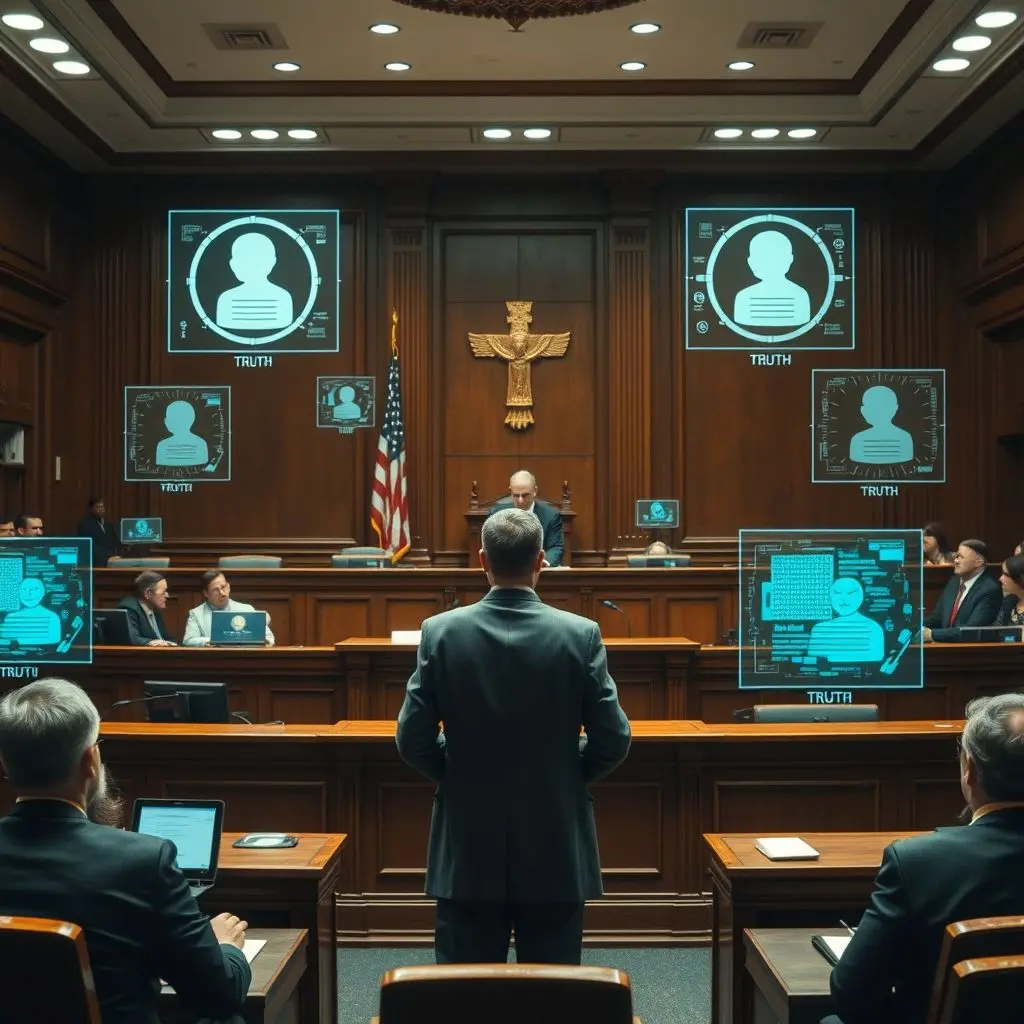
Commerce Without Deceit
Advertising often relies on hyperbole, careful wording, and appealing to aspirations rather than strictly stating facts. “This product will change your life!” “Get rich quick!” “Lose weight effortlessly!” With perfect truth, marketing messages would need to become brutally honest about product limitations, potential downsides, and realistic outcomes.
Negotiations in business, politics, or even buying a car involve bluffing, strategic withholding of information, and testing boundaries. Imagine negotiating when neither party can conceal their bottom line, their true motivations, or their assessment of the other side’s position. Deals might be struck faster, but they might also be harder to initiate if vulnerabilities are immediately apparent.
Poker, that quintessential game of deception, would cease to exist in its current form. Any game relying on bluffing or hiding intentions would need a fundamental rewrite of its rules or simply disappear.
The Bleeding Edge: Privacy
Here lies perhaps the most significant and disturbing implication. Perfect lie detection isn’t just about catching deliberate falsehoods; it’s about revealing your internal state when confronted with a question. If I ask you about your private life, your past, your feelings, and you try to deflect or hide something, the technology would flag it. While it might not reveal *what* you’re hiding (depending on its design), the mere fact *that* you are hiding something becomes public knowledge.
This creates a chilling environment where mental privacy is severely eroded. The ability to keep thoughts, feelings, or personal history private becomes contingent on being able to answer truthfully, which might mean revealing things you have every right to keep to yourself. The pressure to disclose, or face being flagged as deceptive, would be immense.
Who controls this technology? Who has access to its outputs? Could governments, corporations, or even individuals use it for constant surveillance, monitoring not just actions but the very attempts to conceal information? The potential for a totalitarian society built on enforced transparency is a significant concern.
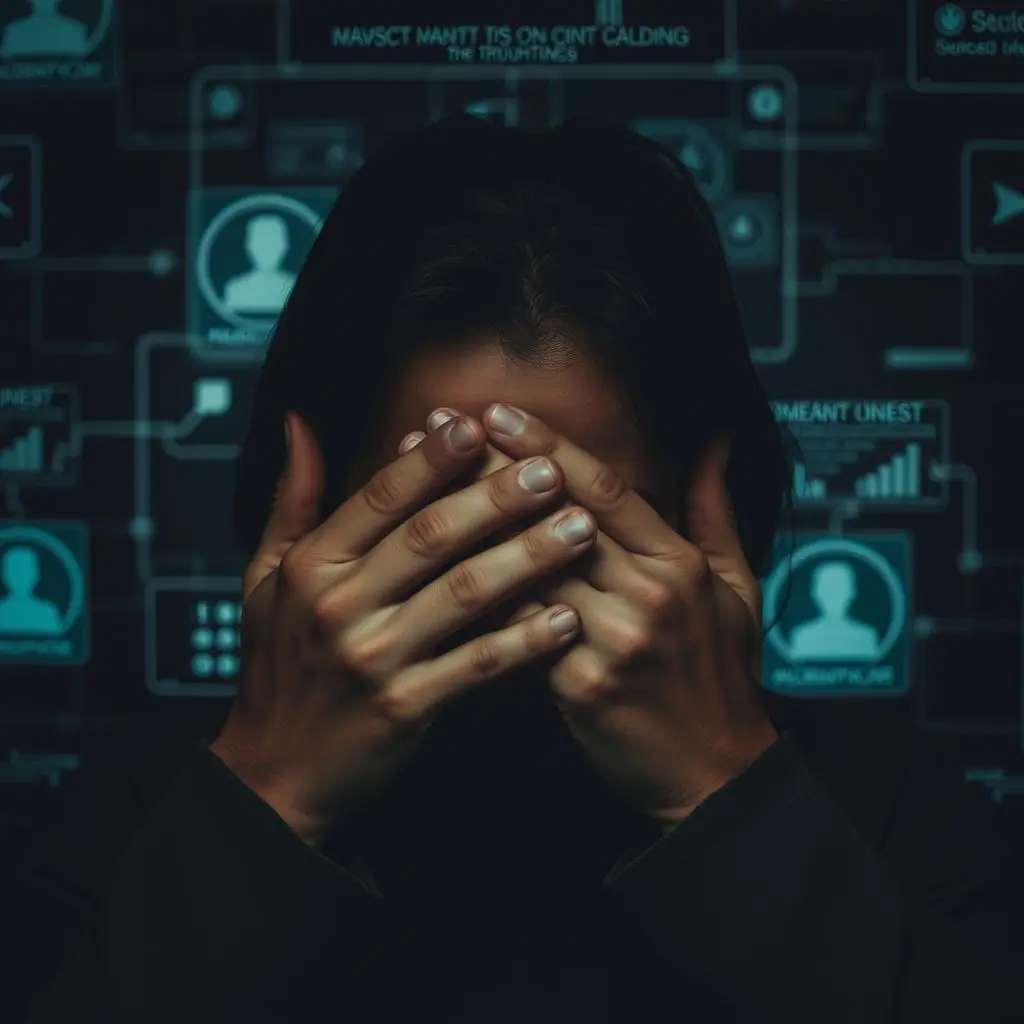
Human Nature and Societal Fabric
Our capacity for deception, for nuance, for presenting a carefully curated version of ourselves, is deeply intertwined with human interaction and social structures. Lies, even small ones, serve functions — protecting feelings, maintaining social hierarchy, navigating complex situations, or simply maintaining personal boundaries.
Removing the possibility of lying doesn’t just remove falsehood; it removes a certain type of social interaction, a certain degree of personal autonomy, and potentially forces a level of confrontation and vulnerability that many are not equipped to handle constantly.
Would society descend into chaos as all hidden conflicts and unpleasant truths surface simultaneously? Or would humanity adapt, learning to communicate with radical honesty, building relationships and institutions on a foundation of absolute transparency? Would empathy and tact evolve to handle the raw truth, or would bluntness and conflict become the norm?
The hypothetical world of perfect lie detection forces us to confront uncomfortable questions about truth, trust, privacy, and the very nature of human connection. It highlights how much of our current world is built not just on truth, but also on our ability to manage, manipulate, and conceal information.
FAQs: Unpacking the Transparent Future
Q: How would this perfect lie detection tech actually work?
While the hypothetical focuses on the *impact*, a perfect detector would need to overcome massive technical hurdles. Current tech (like polygraphs) measures physiological responses which can indicate stress or anxiety, not truth itself, and can be fooled. A ‘perfect’ tech might need to read brain states, access memories, or understand intent — capabilities far beyond current science, hence why it remains firmly in the realm of thought experiments.
Q: Would people just stop talking to avoid lying?
Silence can also be a form of withholding information. Depending on how the technology works, even refusing to answer might be flagged as an attempt at concealment, essentially a ‘lie by omission’ signal. Complete social isolation might be the only way to avoid scrutiny, which isn’t a viable societal outcome.
Q: Could you lie to yourself with this tech?
That’s a fascinating angle! If the tech reads your true internal state or knowledge, it might reveal self-deception — beliefs you hold despite evidence to the contrary, or motivations you haven’t admitted to yourself. This could have profound psychological effects.
Q: Is there any upside to absolute truth?
Potentially, yes. Absolute trust in communication could streamline many processes. Negotiations might be faster, crime easier to solve (if suspects are caught and questioned), and personal relationships, if they survive the initial shock, might become incredibly deep and authentic, free from the corrosive effects of long-held secrets.
A World Undressed
So, if every spoken word, every carefully constructed sentence, was instantaneously vetted for absolute truth, where would we land? In a utopian society built on radical honesty and trust, or a dystopian surveillance state where privacy is dead and social friction is constant?
Perhaps the thought experiment itself is the most valuable part. It forces us to appreciate the complex role that information control, even minor deception, plays in our lives and institutions. It makes us question what we truly value: absolute truth, or the complex, sometimes messy, freedom to choose what we reveal?
It’s a future where you couldn’t even pretend to like this article if you didn’t. My hypothetical lie detector is offline, but I’m trusting your genuine interest kept you reading this far. If you found this exploration thought-provoking, sharing it might just be the honest thing to do.
